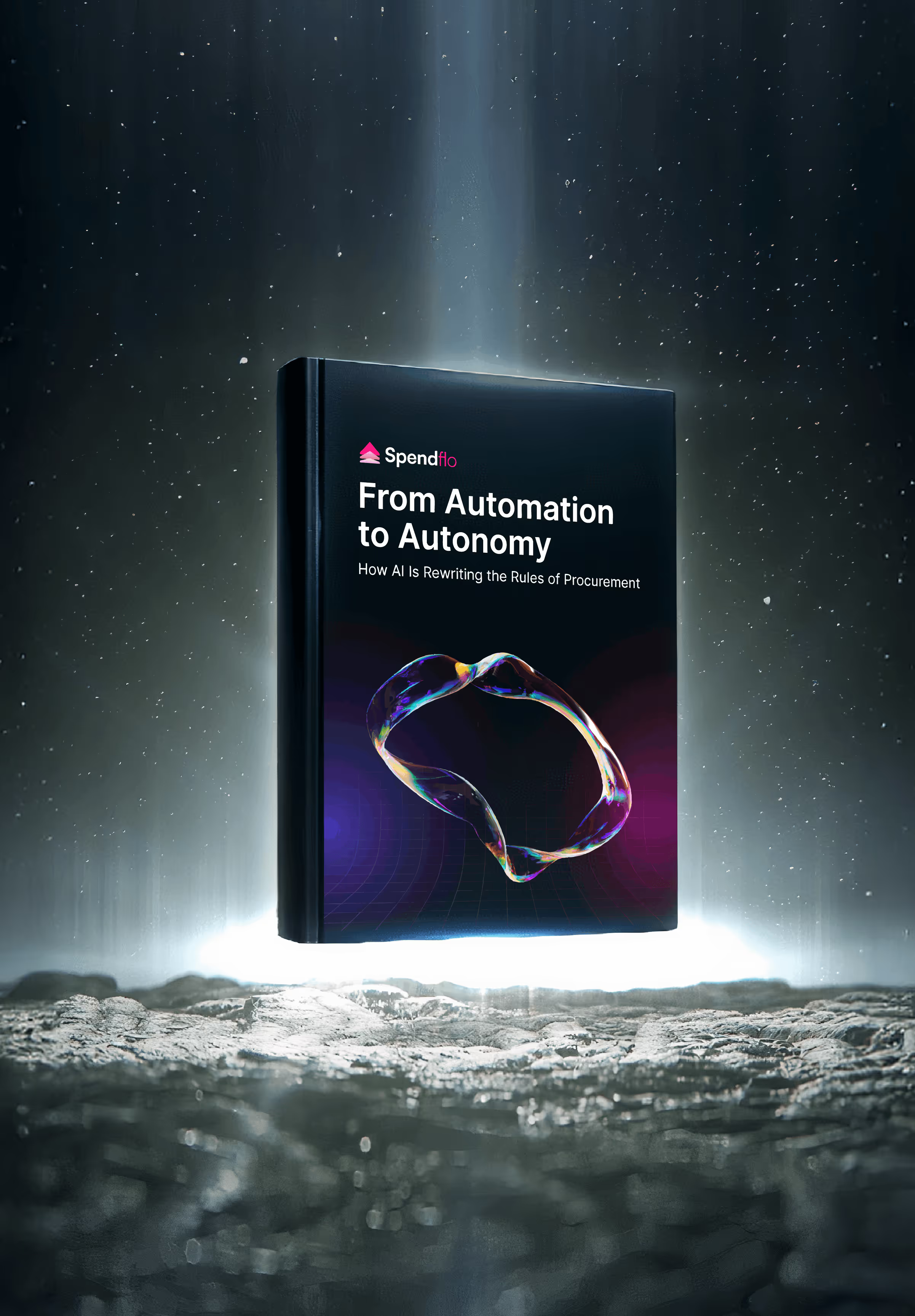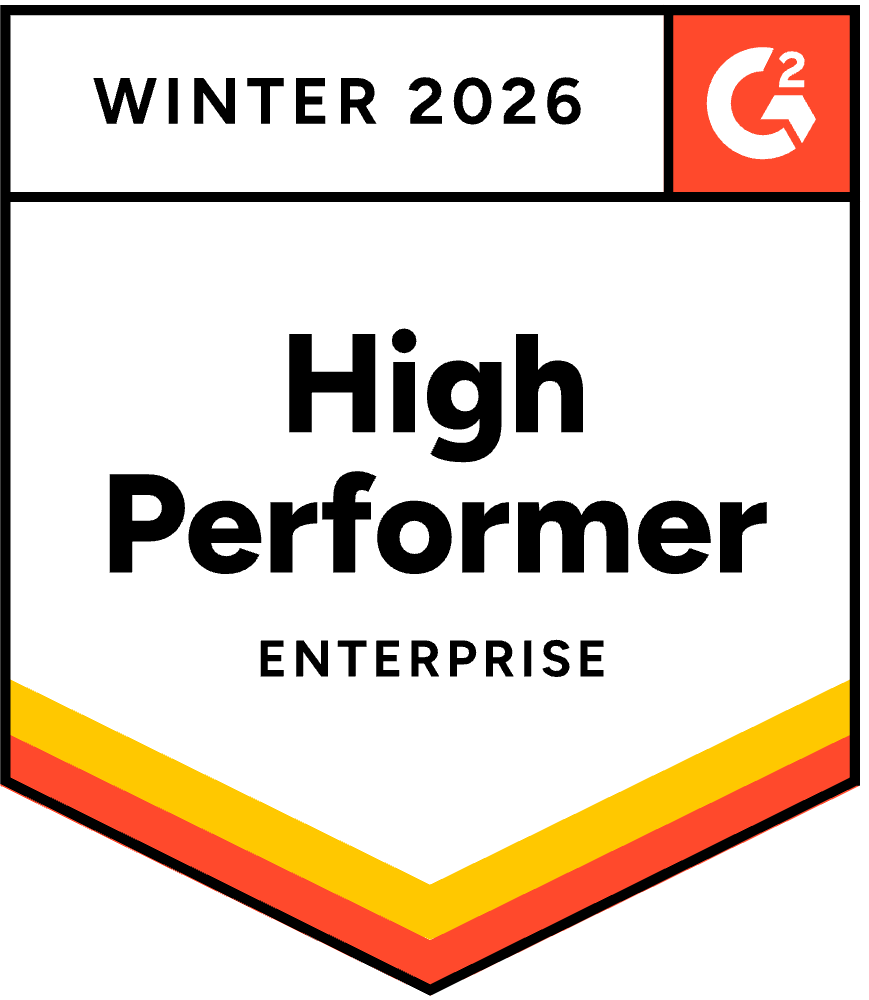

Future-Proofing Finance Teams: The Digital Advantage

Future-Proofing Finance Teams: The Digital Advantage
In this episode, we dive into building resilient finance teams in a constantly changing business world. We sit down with Dan Himple, hosted by Adithiya Shiva.


Table of Contents:
- Defining "future-proofing" finance teams in today's evolving landscape
- Changing pattern of recruitment amongst top finance talent in recent years
- Understanding emerging roles in finance - FinOps and more
- Exploring how organizations retain talent when the roles of the CFO is rapidly evolving
- Biggest challenges companies face in attracting and retaining top finance talent
- Defining the digital advantage in the context of the finance industry and emerging tech in finance
- Key differentiator for successful finance teams in the digital age
Overview
In this episode, we dive into the critical topic of building resilient finance teams in a constantly changing business world. We sit down with Dan Himple, hosted by Adithiya Shiva who explore what it means to "future-proof" your finance department, and how recruitment strategies need to adapt to attract and retain top talent in this evolving landscape.You'll hear about the emergence of new roles in finance and how organizations can keep their valued employees engaged even as the CFO's role undergoes rapid transformation. The discussion tackles the biggest challenges companies face in the talent war and what a "digital advantage" truly means for the finance industry. Finally, the podcast will unveil the key differentiators that set successful finance teams apart in the digital age.
Themes of Discussion
Adithya: What does "future-proofing" finance teams mean in today's evolving landscape?
Dan:Think of it as basically trying to predict the future, trying to predict the trends or things that are going to impact the business. So as a CFO they're trying to understand the key value drivers of the business in today's era. Many of them are now leveraging technology or leveraging AI to better assess data to allow them to make more accurate strategic decisions.
Adithya: How has the way organizations recruit top finance talent changed in recent years?
Dan: Technology itself has vastly changed how we recruit. LinkedIn is only a small element. We now instantly have access to a far wider pool of candidates. There are a variety of tools out there now that will further streamline the recruitment process. You have platforms that will review resumes and shortlist for you to write their job descriptions, write exciting web adverts to create their interview questions, virtual recruitment assistance and many things that now just enable a far more efficient recruitment process. But the challenge is that everyone's competitors have access to the same technology, so recruitment is more efficient. Competition for the best candidates is even more fierce out there.
For me, the best finance leaders in this market are tech savvy. The modern CFO needs to be just as efficient with technology as they are financial analysis. And you'll see, it will quite often be the CFOs within the business are the ones that are driving technological implementations and innovations. So I think there's definitely an understanding from the modern CFO about the importance of being tech savvy.
The Journey to CFO with Kiran Hebbar
Adithya: We've seen new roles like FinOps emerge. Are there other new or evolving roles you're seeing in the finance space?
Dan: I wouldn't say I've never seen the duration of new job titles within finance that maybe didn't exist before, but what I would say is technology has evolved. CFO will be working closer with the Chief Technology Officer and working in tandem to drive the technological innovations and implementations within the business. So, yeah, I wouldn't necessarily say that it created a brand new role, just more so involved the roles that are already there.
Adithya: Are traditional recruitment strategies still efficacious in attracting and retaining talent with the necessary skill sets and leadership qualities to thrive in this new CVO paradigm?
Dan: If we look maybe 1015, years ago, a CFO was seen as a number cruncher. They were seen as an encounter. They would crunch all these numbers. They've clothed the books. And maybe they weren't foreseen as doing anything beyond that, whereas now, a true CFO is seen as a strategic thought partner in the business. You know, finance is a small element of what they do, and really a CFO is someone who has a seat at the table and someone who's creating customer centric solutions that will drive growth for the business. You know, they'll work cross functionally, across, across every area. The modern CFO is the future COO, the future CEO. So, yeah, there's definitely far more. There a strategic lens to the role of a CFO.
The Journey to CFO - Insights from Dan Fletcher
Adithya: In the fast-paced career trajectories of 2025, What are the top 3 characteristics organizations are looking for when they’re hiring finance leaders today?
Dan: They want people who are going to be tech savvy. Culture is a huge thing. Again, I think historically, finance professionals weren't always seen as maybe the most personable of individuals when you maybe think of your archetype accountant, whereas now finance professionals are one. Are going to be sitting in the board meetings, sitting in the investor meetings, and they might be driving the sale of the business. These are the people that are going to be the face of the business. So those interpersonal skills are critical, and they need people who may have the ability to work cross functionally, and therefore having that knowledge outside of just traditional finance.
Exactly that. Yeah, exactly that. Yeah. The best financial professionals into market are those that can best support all functions within the business. And therefore, you know, we'll need skill sets outside of just traditional budgeting forecasting,
Adithya: In this rapidly changing digital landscape, what are the biggest challenges companies face in attracting and retaining top finance talent?
Dan: Retention is a key one. It is one of the critical things that companies struggle to appreciate in this market. We are considered to be in a down market right now. Essentially, this is still somewhat of a down market, and sometimes companies can lure themselves into this. There's less competition for candidates as less companies are hiring, and therefore you should be able to go out and hire really easily, whereas that isn't the case. Recruitment is challenging at all times. And then the other thing to consider is, you know, regardless of where we are in the market, the best candidates are always in roles. Attracting the best talent is always a challenge. And then in terms of retention, you know, things are very much evolved. Companies are now having to do even more to try and retain their talent. But for me, it doesn't matter where we are in the markets. Candidates always, typically tend to want three main things. They want work that's both challenging and interesting, to be paid fairly. Candidates don't necessarily want to be paid drastically above the market value. But that's not the priority. They want to be paid fairly, but at the same time, they want to have an understanding of how they can earn more, you know, with clear promotion targets and incentives. And then, in today's era, your candidates want flexibility. You know, that doesn't necessarily promote work, actually, far from it. You know, we've actually seen a huge shift factor. Most people actually want to go back into an office on a hybrid. But when I say, you know, the era of you having to be at your desk from nine to five Monday to Friday is gone, and companies who are implementing that level of structure just find it incredibly difficult to recruit the best talent. You know, the best talent wants flexible working hours. You know, they want to have the opportunity to work remotely when it's appropriate.
Adithya: How do you define the digital advantage in the context of the finance industry?
Dan: I mean, for me, I'd always define it as those who are leveraging technology to make the recruitment process even more efficient. For me, the most obvious one with that would be a video interview. Prior to covid, every single interview was done on site. So if you were a CFO naturally, you'd want that CFO to meet with every member of your executive team and probably board members. And what that would mean is a plan that it might have to take three, maybe four trips into your office, and it was very time consuming the interview process. And actually, if you were engaging a candidate who wasn't necessarily actively looking for a new role, it was hard to keep them engaged or hard to persuade them to come into the office, whereas now with video interviewing, it's a lot easier. No one has to travel, and those less active candidates will be more willing to give up the time, but at the same time, look, that presents a challenge, because it's very hard to sell your culture or sell you who you are as a company virtually. Is five video interviews going to be enough to convince them that you're the right company for them to join so strategies to be able to best sell themselves and their culture at the same time as running a virtual recruitment process. So for me, the digital landscape hasn't replaced traditional recruitment methods.
9 expert insights on on being a data driven CFO from Glen Hopper.
Adithya: Looking ahead, what do you believe will be the key differentiator for successful finance teams in the digital age?
Dan: I would say it's going to be one that promotes a culture of technological innovation and continuous learning. It's the ones constantly driving for that continuous learning in what is such a fast pace and changing environment. As we all know, the amount of technology that we have at our fingertips is far different from what we had only a year ago or only two years ago. Just to reiterate, it is ones that embrace a culture of continuous fantastic.










.png)




.png)
















